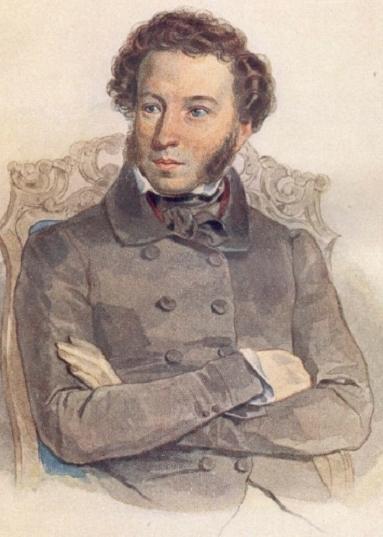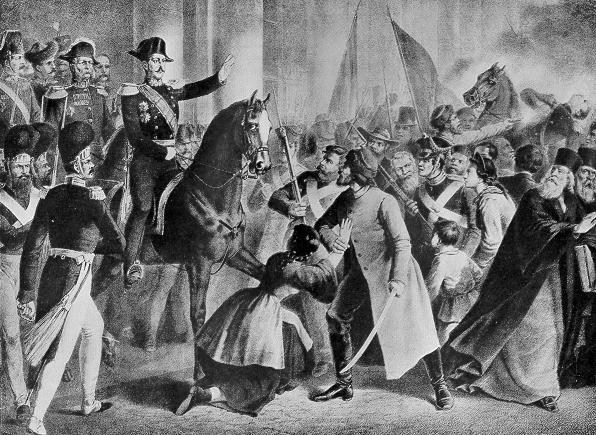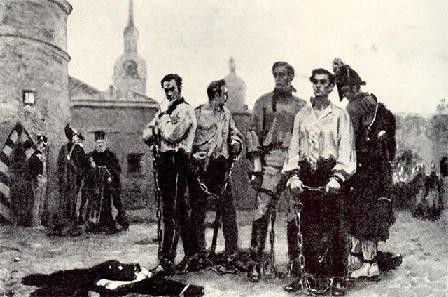A.S. Pushkin wrote “To Siberia” in 1827 with the aim of supporting his Decembrist friends. The events of 1825 left their mark on the work of the Russian poet. Alexander Sergeevich was very upset by the failure of a conspiracy and the arrest of his like-minded people. Although the authorities suppressed the uprising, they could not put out the flame of the thirst for freedom in the poet’s soul, at that time his hope for its achievement was still burning. In 1827, his wife went to the Decembrist N. Muravyov to share it with him there. Pushkin decides to send news and words of support along with the woman on his own behalf.

At that time, many intelligent, highly educated and creative personalities were exiled to Siberia. Fiery greetings from Alexander Sergeyevich, they received with gratitude. Such news from an ally became one of the most striking events in the difficult life of the Decembrists, helped them not to lose faith in a happy future, not to give up. To understand the power of this poem, it should be noted that after the arrest many relatives renounced the rebels, and Pushkin was not afraid to openly support them. The Decembrist Odoevsky was so inspired by the message that he wrote a response poem, saturated with the belief that sooner or later their work would be brought to an end.
Pushkin dedicated the poem “To Siberia” to his friends who were in trouble, so he was imbued with a gloomy and tragic mood. There are many abstract images in the work: Freedom, Misfortune, Friendship, Hope, Love. The phrases "convict holes", "dungeons", "dungeons", "heavy shackles" emphasize the unenviable position of the unfortunate, terrifying hopelessness. But, despite the tragedy of the situation, there is encouragement in the poem.

No matter how grief, but a person should not lose hope - this is the main idea Pushkin wanted to convey to his friends. “To Siberia” is a fighter’s anthem, which, in spite of everything, does not give up and does not give up. No matter how hard it is, it is necessary to remain faithful to your ideals, strive to achieve them and courageously endure endless torment. The fact that the "free voice", "love and friendship" of a like-minded person will strengthen the spirit of those arrested, Pushkin does not even doubt. The poet was not sent to Siberia, but it would have been much easier for him to endure all the hardships and hardships of hard labor than to suffer far from realizing his own powerlessness.

Despite the grim beginning, the end of the poem is quite optimistic. Whatever was in the soul of Alexander Sergeyevich, but he wholeheartedly wished to morally support his comrades and raise their morale. The hope “Into Siberia” is imbued with hope in a brighter future. Pushkin wrote a poem with the belief that sooner or later “fetters will fall” and “dungeons will collapse”, and then justice will prevail, the Decembrists will be released, and like-minded people will support them by “giving up the sword”. Alexander Sergeyevich tried to convince the rebels that they had suffered for good reason, that their business was living and would be brought to an end, you just need to wait a while. It is known that the poet’s message encouraged the Decembrists very much, they felt such support necessary for them.